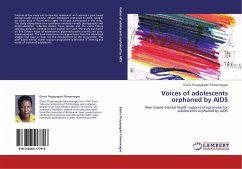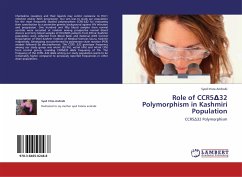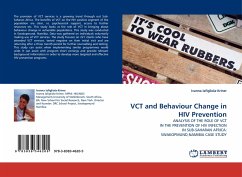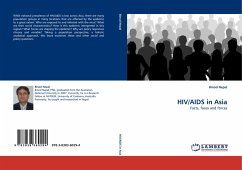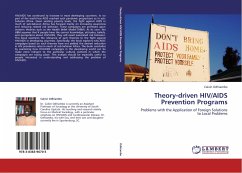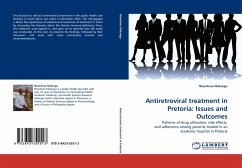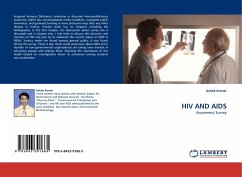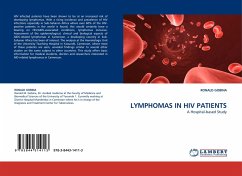Purpose of the study was to develop, implement and evaluate a peer-based mental health programme. Fifteen adolescent orphaned by AIDS, living in an urban area in South Africa aged 14-18 year participated in the study. The study triangulated four qualitative methods namely, photography and photo-elicitation, reflective diaries, focus groups and the event history calendar. Colaizzi s method of data analysis was used. The study was based on Erik Erikson stage of adolescence; psychoeducation process and peer-based approach. The lived experiences were generated from the situational analysis and used as basis for the development of the programme. The peer-based mental health support programme is effective in meeting the needs of orphaned adolescents.
Bitte wählen Sie Ihr Anliegen aus.
Rechnungen
Retourenschein anfordern
Bestellstatus
Storno

